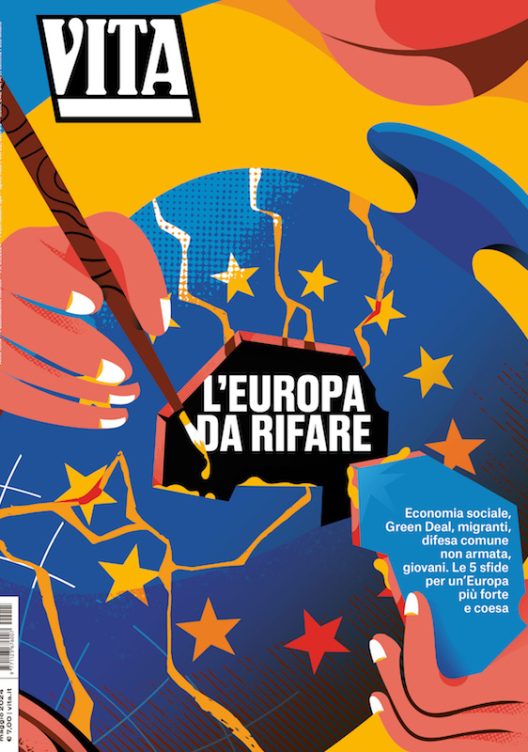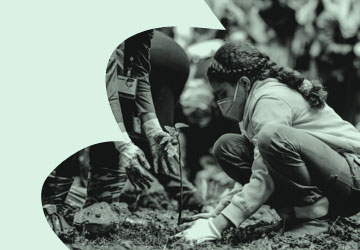Attivismo civico & Terzo settore
A wise way to work
Interview with Pierluca Ghibelli of CGM on the WISE - work integration social enterprises - European-wide project
di Rose Hackman

A few questions to Pierluca Ghibelli, head of the international department for CGM, an Italian consortium of cooperatives, on the subject of WISEs, work integration social enterprises, and the European project on the subject that he oversaw, concluded last year.
Whose initiative was it to undertake this trans-European project on work integration social enterprises as tools for inclusion?
It was born from the stimulus of the EU PROGRESS call for projects. The idea was born from us at CGM with DIESIS and its partners. We wanted to try to insert a piece of social economy and a cooperative side to the story.
How did you choose your partners across the continent?
We chose them first of all according to whether they put forward an interesting example of social enterprises and work integration for marginalised groups. Within the partnership we chose those experiences which could be confronted easily. The project ended up being a confrontation of policies rather than a confrontation of practices. The idea was of looking at how in certain places the policies in place support the process of work integration, but also seeing how every now and then best practices can replace polices.
Is there a best practice in particular that you encountered during the project that particularly struck you?
No one example came out on top of another. The idea was to explain how social enterprises for work integration can be an instrument for the development of transversal policies.
One of the examples that is very interesting is an experience born in Poland where the various policy offices give a specific thought to work integration – a good thing. This showed the capacity of WISEs to stimulate political coordination. It was innovative because it constituted an effort to not divide across sectors, but unite, sharing these common objectives.
Would you say that the visibility problem is not only true of WISEs but also of the social economy in general?
WISEs are obviously a specific project of social enterprises for social insertion. Working on this, it became clear that the problem our niche sector faces links up to a problem of visibility that is much bigger and touches the theme of social enterprises and the social economy in general.
In my case, I believe that the polices of work integration expressed through social enterprises on the ground are excellent tools that could be used to resolve a problem more widely. This is true for other problems that are addressed by social enterprises on the ground who would have a lot to say to policy makers if they were given a chance.
This touches on a very strong theme throughout social enterprises and is a rule that could certainly be applied transversally.
For the English translation of Pierluca Ghibelli’s article on the subject and to learn more about the WISE project, click here.

